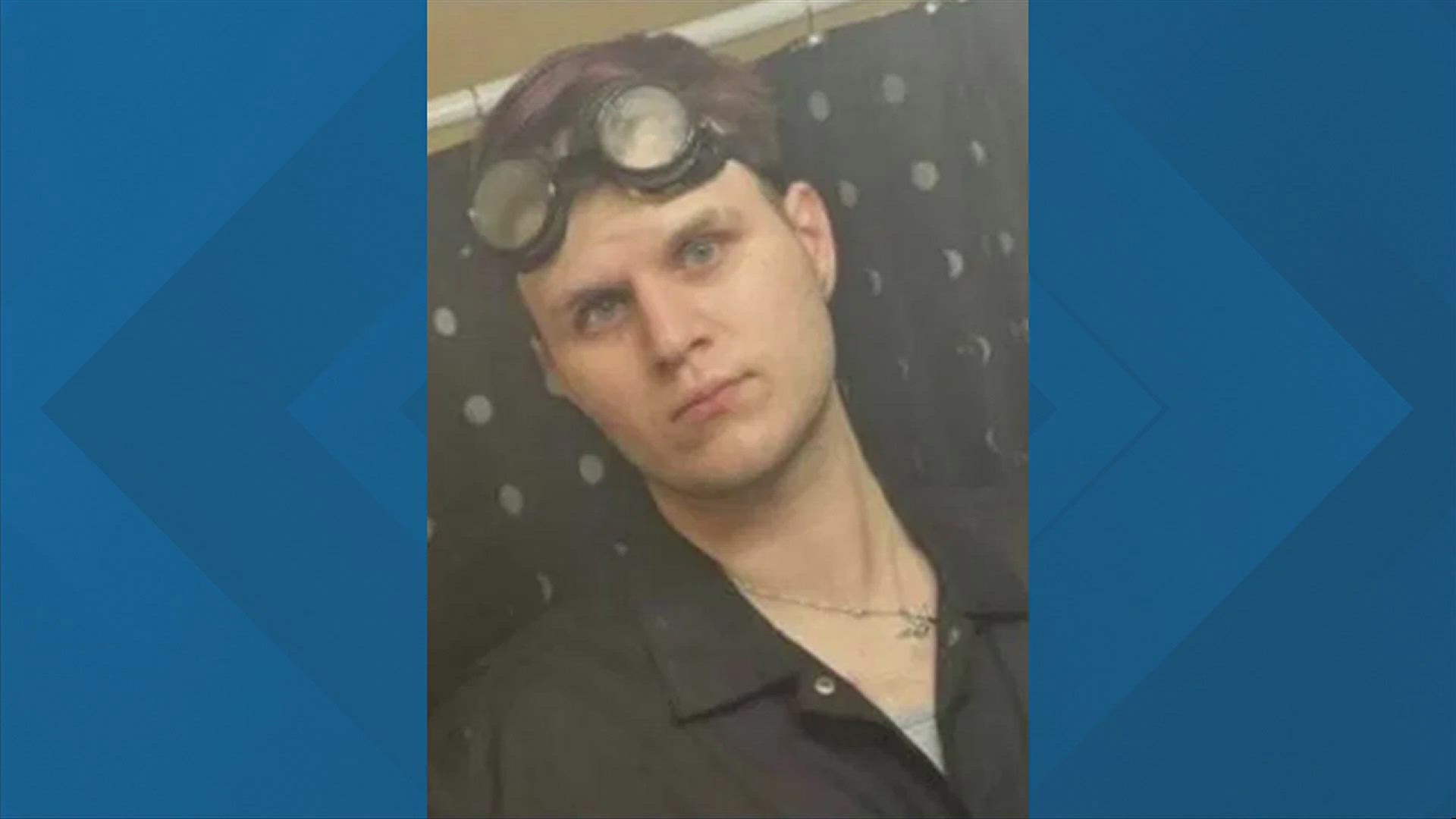MONTGOMERY, Ala. — A federal judge has postponed the upcoming trial over Alabama’s ban on the use of puberty blockers and hormone therapy for transgender youth until after the U.S. Supreme Court rules on a similar case from Tennessee.
U.S. District Judge Liles C. Burke wrote in a Tuesday order that it “would be unwise for the Court to invest the substantial judicial resources required to decide this case until it has further guidance from the Supreme Court on the governing standard of review.” The trial, which had been set for October, will be postponed until after the Supreme Court issues its decision. Alabama’s ban, which has been in effect since last year, will remain in place.
The U.S. Supreme Court last month said it will hear arguments regarding the constitutionality of state bans on gender-affirming care for transgender youth. The case before the high court involves a challenge to the Tennessee law that also restricts the use of puberty blockers and hormone therapy to treat transgender youth. Arguments will take place in the fall.
Twenty-five states have adopted laws restricting or banning gender-affirming medical care for transgender youth. Some have been blocked by the federal courts while others have been allowed to go into effect.
Alabama Gov. Kay Ivey signed the Vulnerable Child Compassion and Protection Act into law in 2022, making it a felony punishable by up to 10 years in prison for doctors to treat transgender people under 19 with puberty blockers or hormones to help affirm their gender identity.
Four families with transgender children ranging in ages 12 to 17 challenged the Alabama law as an unconstitutional violation of equal protection and free speech rights, as well as an intrusion into family medical decisions. The U.S. Department of Justice joined their lawsuit, seeking to overturn the law.
Burke had issued a temporary restraining order blocking the Alabama law from taking effect. However, a three-judge panel of the 11th U.S. Circuit Court of Appeals last year vacated the injunction and allowed Alabama to begin enforcing the ban.
The Justice Department and the families challenging the Alabama ban had asked for the stay.. The Alabama attorney general's office opposed the request and asked Burke to keep the case moving forward.



